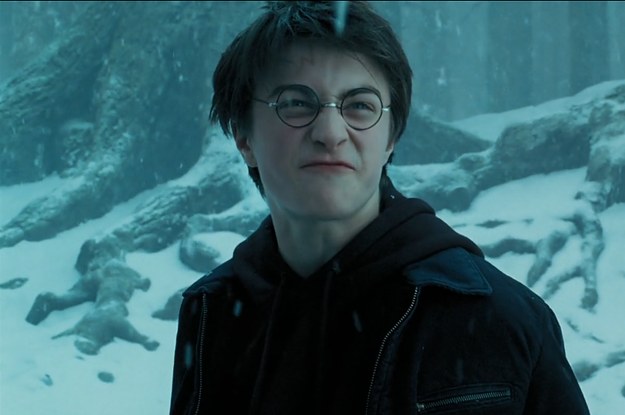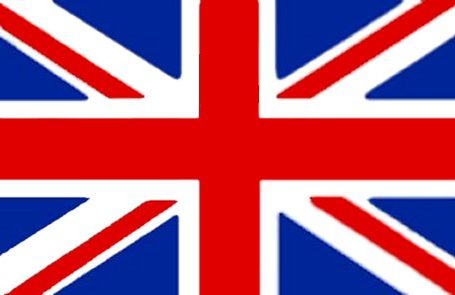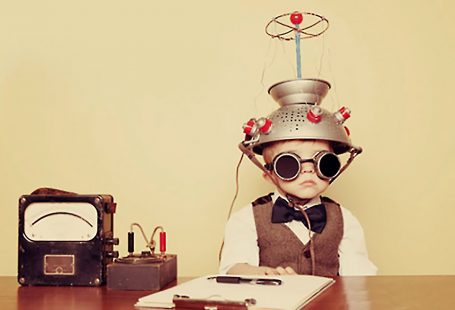Copyright Law Fanfiction: Legal Issues with Fanfiction (By Heather Sapp)
Do the words “fic” or “fannish” mean anything to you? If they do there are pretty good chances you are familiar with fanfiction. Maybe you are an avid reader of FanFiction.Net and Archive of Our Own (the largest fanfiction websites on the internet), or perhaps you are a fanfiction creator yourself. Fanfiction (also known as fanfic) is a piece of fiction based on another original work of fiction that is written by a fan instead of by the original creator.
Ironically, Harry Potter and Star Wars, two of the most widely “ficced” properties out there, both released movies during the last six weeks of 2016, with storylines that are not apart of the main franchise of stories, but still occur in their respective story’s canon universe. Essentially spinoff stories. It is important to note that these movies (and stories) are not fanfiction, because they are from the intellectual property holders themselves. But they are in the same vein as fanfiction, because they are canon stories in the same universe as the underlying work just not apart of the main storyline.
“Fantastic Beasts and Where to Find Them” was released on November 18. This tale is part of Potterverse, but isn’t technically a Harry Potter story. “Star Wars Rogue One” will be releasing on December 16. This movie is not part of the three trilogies comprising the series canon, but it takes place in the Star Wars universe in between the first and second trilogies. Both series involve different characters and different stories than the original canon.
Maybe you love writing fanfiction for Potterverse or Star Wars, or want to get started. Or maybe you write other types of fanfiction. Regardless, if you are a fanfiction writer, it is extremely important you know the legal issues involved with fanfiction, and the laws that can affect the creators of fan works. This article will explain those legal issues and outline the fanfic author’s rights and help you avoid getting sued in the process.
Copyright Law
Copyright laws are different in every country, but today we will focus solely on U.S. rights.
To have copyright protection in the U.S. a work must be an “original [work] of authorship fixed in any tangible medium of expression…from which [it] can be perceived, reproduced, or otherwise communicated, either directly or with the aid of a machine or device.” And under U.S. copyright law, copyright owners have the exclusive right “to prepare derivative works based upon [their] copyrighted works.” (A derivative work is any work based on or derived from one or more already existing works, such as a translation, motion picture, abridgement, or sequel.)
Of course, not every element of a copyrighted work is protected. Fictional characters within a work are presumed to be ideas (which are not protected by copyright) unless they are sufficiently unique and distinctive to constitute elements of expression. Good examples of these types of characters are Harry Potter or any of the Star Wars characters. The standard for character protection was established in a very old and famous case known as Nichols v. Universal Pictures Corp, 45 F.2d 119 (2d Cir. 1930). Judge Learned Hand stated that “…the less developed the characters, the less they can be copyrighted; that is the penalty an author must bear for marking them too indistinctly.”
This means that under copyright law, a copyright holder can prevent a fanfiction writer from legally using the copyright holder’s settings or characters for their fanfiction. However, some exceptions exist of when fanfiction writers may be in the clear to use copyrighted parts for their derivative works, because there are exceptions granted through fair use and general permission from the author. Additionally, it is also imperative that fanfiction writers be familiar with copyright and public domain as well.
Dandi Law Firm provides legal assistance in Copyright and Film. Check out our Services or contact Us!








